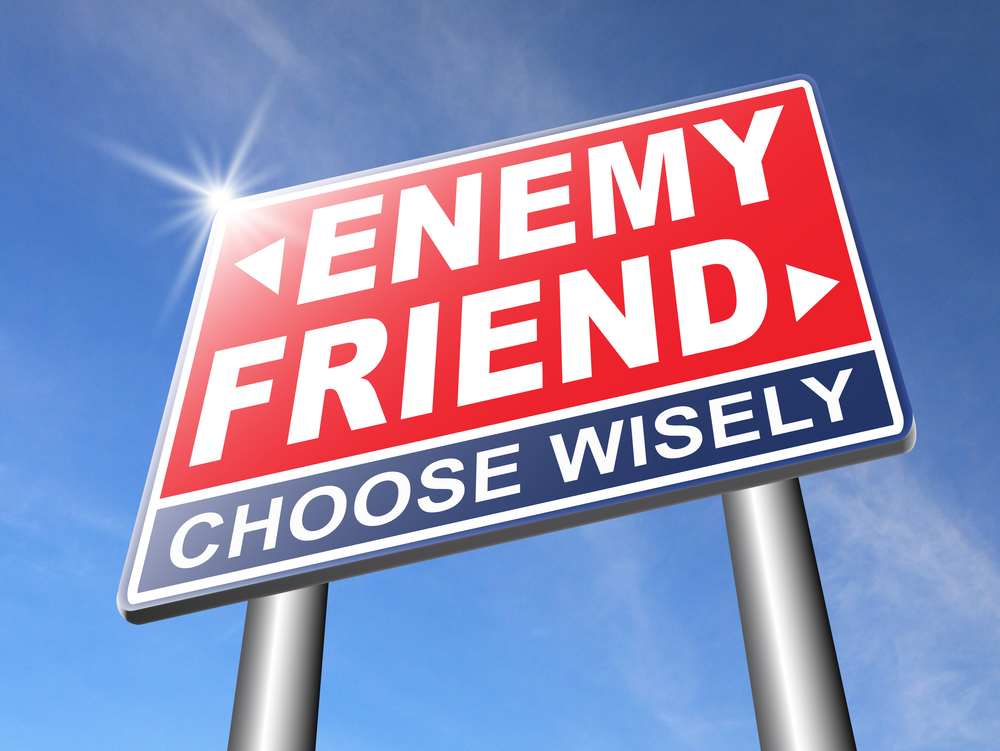This is something most of us experience from time to time in the workplace. No matter how much we think we know or how much experience we have we’re still likely to make this mistake occasionally. The mistake of course is confusing friends with coworkers. There’s a big difference between friends and coworkers and to confuse the two in the workplace can have significant consequences.
This confusion is much more likely to occur in a dysfunctional, unhealthy work environment. If for example you’re working in an environment with a bad boss you’ll notice that misery likes company. Suffering together with others in the workplace encourages the confusion of friends and coworkers.
Commiserating with others is something that will come naturally and easily in a bad work environment. Information that is appropriately shared with a friend in this situation is different from that which should be shared with a coworker. The discretion you can expect from a friend may not be present with a coworker. Confusing the two can lead to problems that can sometimes be serious.
Friends are people upon whom we can depend for help when in need even if that help presents significant risk to the individual providing it. We would also be willing to provide help and assume risk if the situation were reversed. Friends can generally be counted on to keep our best interest in mind and to behave with discretion. Thus is the relationship of friends. By this definition your list of friends is likely smaller than you thought it was.
Coworkers on the other hand are people with whom we work. We may be friendly with coworkers, regularly sharing lunch and enjoying conversations about everything from sports to politics to cooking. This is all good and very normal behavior. This also makes it easy to confuse the relationship with friendship.
We should always endeavor to develop and maintain good, healthy relationships with those with whom we work. Many people spend most of their waking hours at work so the experience should be as enjoyable as possible. This is dependent, in large part, upon enjoying the company of one’s coworkers.
Problems arise when information is shared with someone believed to be a friend but who is actually more of a coworker. There is likely an expectation that the information will be kept in confidence. A friend is likely to meet that expectation where a coworker may not.
This is not to say your coworkers are bad people or have bad intent. There are certainly bad people in the workplace but that’s not who we’re talking about here. We’re talking about your average coworkers. They’re not bad people, they just have their own agendas and goals that are important to them. As long as you aren’t perceived as a threat everything is fine. If that perception changes so may their behavior.
So what does this mean? It means that you should go on enjoying your work and the people with whom you share your workday. You should however always be aware of where you are. You are at work and most of the people with you are coworkers not friends. Be very aware of what information you share and with whom you share it. Try to be aware of why you are sharing something along with the benefits and risks. Be particularly careful if you find yourself in a highly political, low trust, unhealthy work environment. This is where you’re most at risk.
So pay attention and enjoy your workday, you deserve to. Remember it’s where you spend most of your waking hours so have fun.
©2017 Joseph T Drammissi
This article and more of Joe’s work covering the Second Amendment and other topics can be found on Substack at https://getagrip.substack.com


Leave A Comment